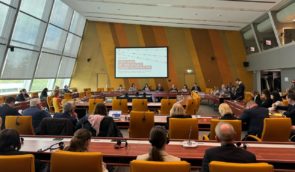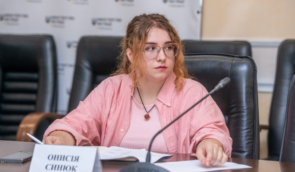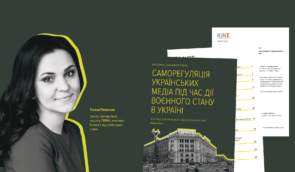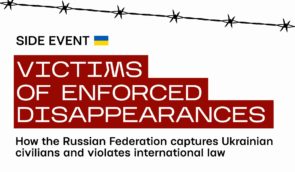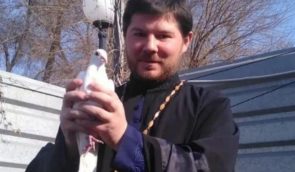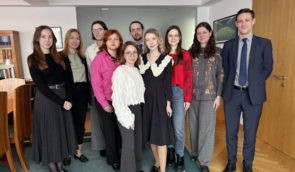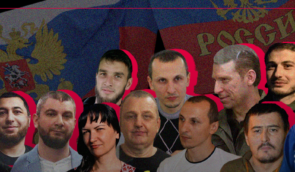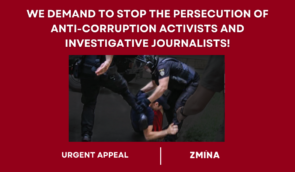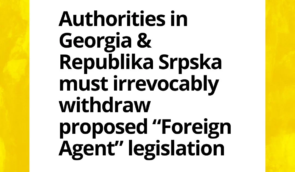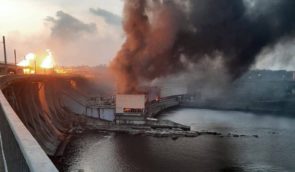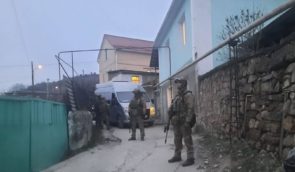ZMINA and partners conducted a training on the documentation of torture
On January 26-27, ZMINA together with Media Initiative for Human Rights (MIHR) and World Organisation Against Torture (OMCT) conducted in Kyiv a training session on how to document cases of torture and work with survivors of Russian war crimes.
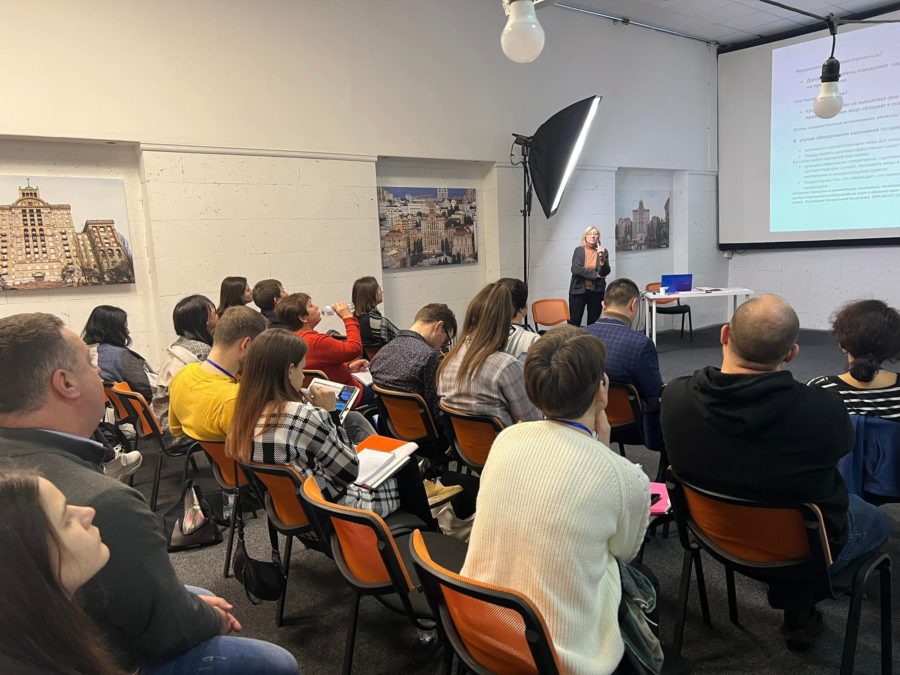
The training brought together documentators, analysts, field mission members, and journalists of Ukraine 5 AM Coalition participating organizations, as well as everyone interested in the topic of documenting Russia’s war crimes in the war against Ukraine. The participants learned how to apply the methodology of interviewing torture victims in their activities, use mechanisms of national and international advocacy in the context of torture investigations, observe the rules of physical and psychological safety in the process of documenting war crimes.
Trainers: Oleksandra Svetser, human rights expert with experience of working in the Office of the UN High Commissioner for Human Rights; Yevhenia Andreyuk, coordinator of the World Organisation Against Torture’s Regional Program for Eastern Europe and Central Asia; Maria Kvitsinska, regional expert at the World Organisation Against Torture for Europe and Central Asia; Viktoria Babiy, field research coordinator at Truth Hounds organization; and Hanna Mokrousova, Master of Psychology.
“To efficiently document war crimes, it is important to adhere to international standards and recommendations in this area. This is necessary so that the testimony of a victim or a witness of such a crime becomes the basis for bringing the perpetrators to justice after files are submitted to national or international legal mechanisms,” said Oleh Hnatiuk, project manager at Human Rights Centre ZMINA.
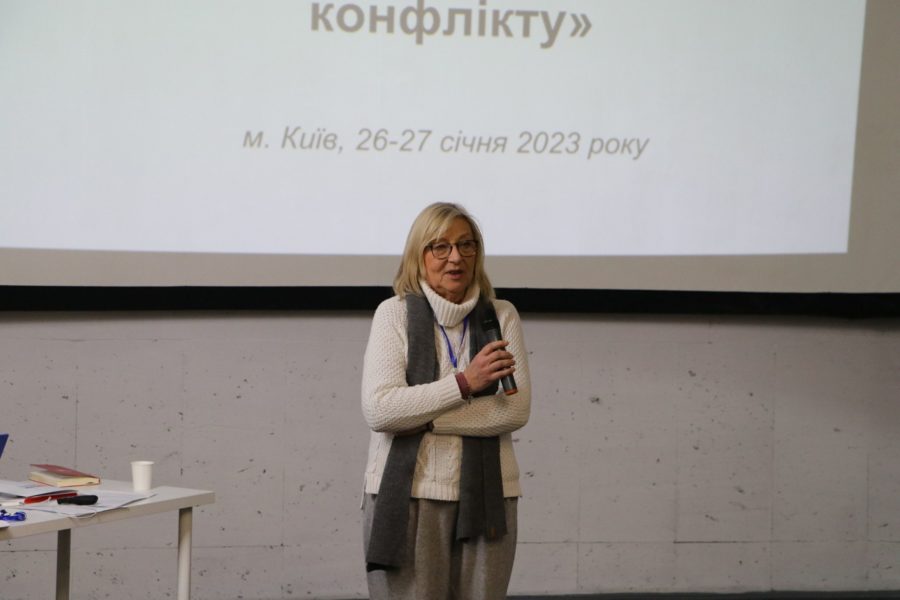 Oleksandra Svetser
Oleksandra SvetserHe also said that ZMINA, together with Ukrainian and international partners, documents cases of torture, submits appeals to national and international investigative bodies, particularly the UN Committee against Torture, the UN Independent International Commission of Inquiry on Ukraine, the International Criminal Court, the European Court of Human Rights, etc. to investigate the war crimes committed in Ukraine.
“That’s why the training of qualified specialists to carry out this activity is an important function of our human rights organization,” Hnatiuk added.
One of the training participants, MIHR journalist Artur Prikhno, shared that last year his colleagues worked in the de-occupied territories to document war crimes and interviewed dozens of people whom Russian troops subjected to unlawful imprisonment, torture, beatings, and psychological pressure.
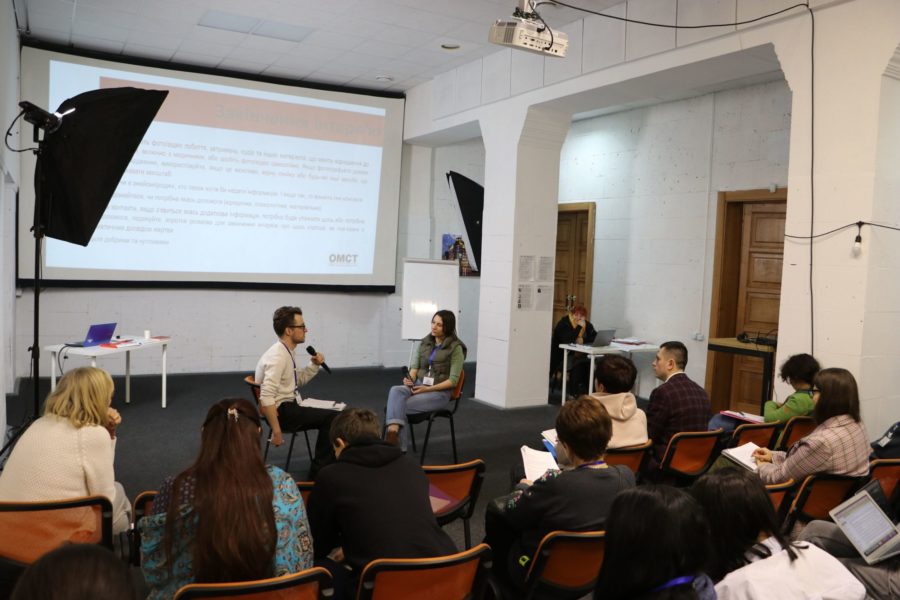
“This year, we have already been on the field mission in Kherson region, we were in Beryslav and Zmiivka. During this time, based on our experience, we developed our own documentation practice, but at the same time, it is important for us to improve our practical and theoretical skills. In addition, during each documentation, our priority is safety and psychological comfort of people who survived traumatic events. Therefore, it was important to get advice on how to properly work with people and how not to harm them, documenting torture and its consequences. Working with such sensitive topics, it is important for us to hear about the experiences of our colleagues and share our own experience,” Prikhno speaks of his motivation to join the training.
The event was held with the support of the Prague Civil Society Centre.

